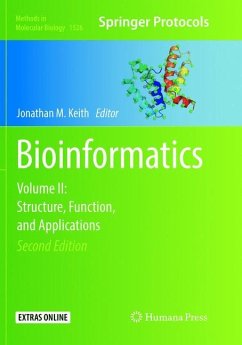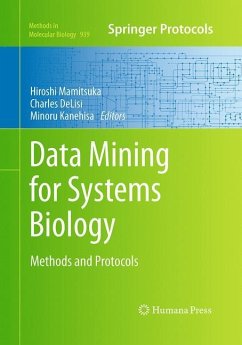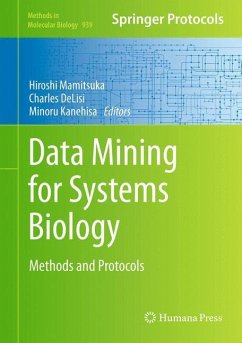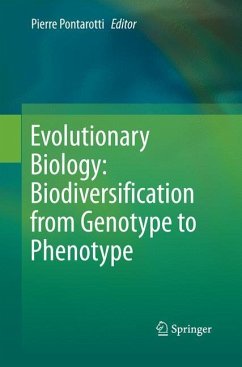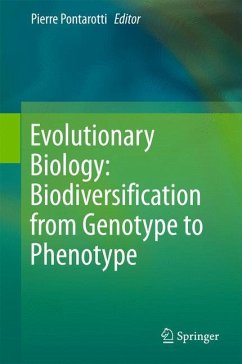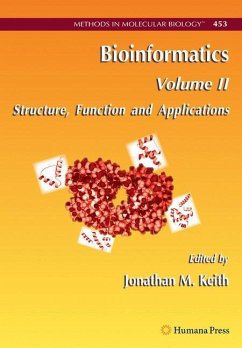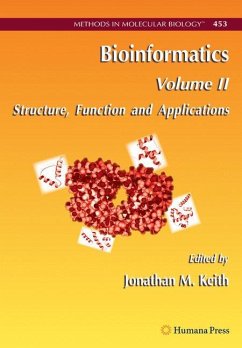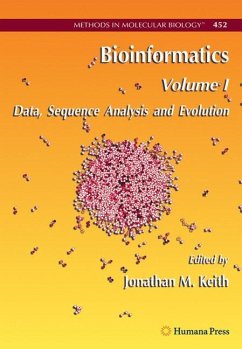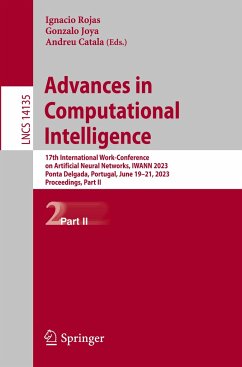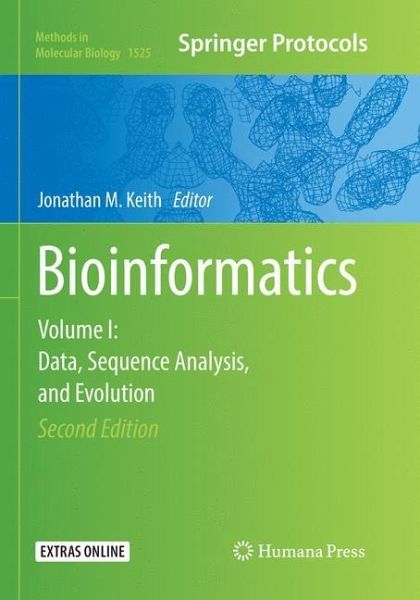
Bioinformatics
Volume I: Data, Sequence Analysis, and Evolution
Herausgegeben: Keith, Jonathan M.
Versandkostenfrei!
Versandfertig in 6-10 Tagen
68,99 €
inkl. MwSt.

PAYBACK Punkte
34 °P sammeln!
This second edition provides updated and expanded chapters covering a broad sampling of useful and current methods in the rapidly developing and expanding field of bioinformatics. Bioinformatics, Volume I: Data, Sequence Analysis, and Evolution, Second Edition is comprised of three sections: Data and Databases, Sequence Analysis, and Phylogenetics and Evolution. The first section details bioinformatics methodologies in the generation of sequence and structural data and its organization into conceptual categories, and databases to facilitate further analyses. The Sequence Analysis section descr...
This second edition provides updated and expanded chapters covering a broad sampling of useful and current methods in the rapidly developing and expanding field of bioinformatics. Bioinformatics, Volume I: Data, Sequence Analysis, and Evolution, Second Edition is comprised of three sections: Data and Databases, Sequence Analysis, and Phylogenetics and Evolution. The first section details bioinformatics methodologies in the generation of sequence and structural data and its organization into conceptual categories, and databases to facilitate further analyses. The Sequence Analysis section describes the fundamental methodologies for processing the sequences of biological molecules: techniques that are used in almost every pipeline of bioinformatics analysis, particularly in the preliminary stages of such pipelines. Last but not least, the phylogenetics and evolution section deals with methodologies that compare biological sequences for the purpose of understanding how they evolved. As a volume in the highly successful Methods in Molecular Biology series, chapters feature the kind of detail and expert implementation advice to ensure positive results.
Comprehensive and practical, Bioinformatics, Volume I: Data, Sequence Analysis, and Evolution, Second Edition is an essential resource for graduate students, early career researchers, and others who are in the process of integrating new bioinformatics methods into their research.
Comprehensive and practical, Bioinformatics, Volume I: Data, Sequence Analysis, and Evolution, Second Edition is an essential resource for graduate students, early career researchers, and others who are in the process of integrating new bioinformatics methods into their research.





